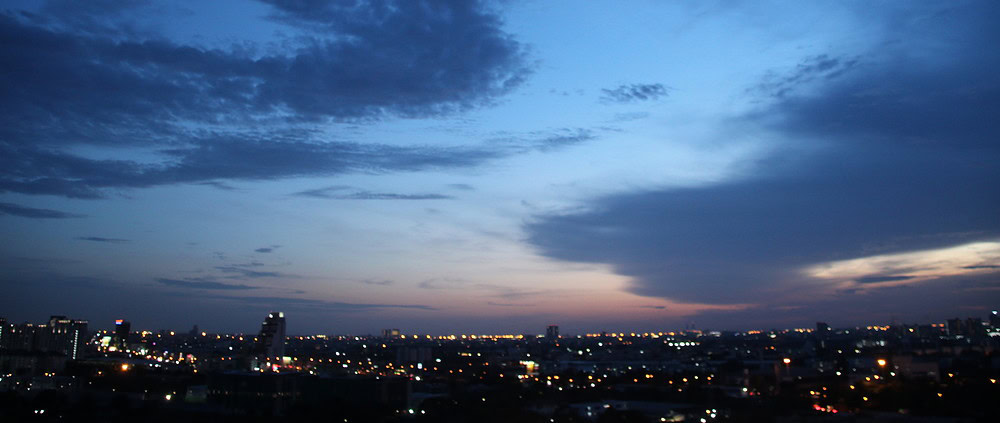Can One Fast on the Day of Doubt (Yawm al-Shakk) in Shafi‘i School?
Answered by Shaykh Dr. Muhammad Fayez Awad
Question
What is the Day of Doubt (Yawm al-Shakk), and what is the ruling on fasting it?
Answer
All praise is due to Allah, Lord of the worlds. Blessings and peace be upon our master Muhammad, his Family, all his Companions, and those who ally with him.
Boundaries of Allah (Most High)
Allah (Most High) has prescribed various acts of worship for His servants, organizing these acts and timing them specifically. For example, prayer is prescribed five times throughout the day and night, each with a designated beginning and end. The Hajj is performed in known months, just as the month of Ramadan, a blessed and complete month, begins with the sighting of the crescent moon of Ramadan or the conclusion of the last day of Sha‘ban, and it ends with the sighting of the crescent moon of Shawwal or the completion of thirty days of Ramadan. Thus, a Muslim must not exceed the boundaries set by Allah in what He has legislated and decreed.
Based on this, fasting on the Day of Doubt is forbidden.
Definition of the Day of Doubt (Yawm al-Shakk)
The Day of Doubt is the thirtieth day of Sha‘ban if the sighting of the moon has not been legally established. [Nawawi, al-Majmu‘; Shirbini, Mughni al-Muhtaj]
Imam Nawawi stated:
“Our (Shafi‘i) scholars say that the Day of Doubt (Yawm al-Shakk) is the thirtieth of Sha‘ban when people speak of the moon being sighted, but no trustworthy person confirms seeing it, or if a single person’s testimony is not accepted, or if women, children, slaves, or the morally corrupt report the sighting. There is no disagreement on this among our companions. They (scholars) say that if no one speaks of having seen it, whether the sky is clear or cloudy, it is not considered a Day of Doubt. This is our (Shafi‘i) School.” [Nawawi, al-Majmu‘]
Ruling on Fasting the Day of Doubt
It is forbidden to fast on the Day of Doubt for fear that it might be part of Ramadan or as a precaution. The Shafi‘i School explicitly states that fasting on the Day of Doubt is not permissible without a reason. If one fasts, it is not considered valid in the correct opinion. This does not apply to fasts intended as make-ups or vows or if it coincides with one’s habitual voluntary fasting. [Qalyubi and ‘Umayra, Hashiyat al-Qalyubi wa ‘Umayra ]
As stated in “Mughni al-Muhtaj”: “(It is not permissible)— meaning it is forbidden and not valid (to voluntarily) fast on (the Day of Doubt) because ‘Ammar Ibn Yasir (Allah be pleased with him) said: ‘Whoever fasts on the Day of Doubt has disobeyed Abu al-Qasim (the Prophet Muhammad) (Allah bless him and give him peace).” [Bukhari; Muslim] [Shirbini, Mughni al-Muhtaj]
Abu Hurayra (Allah be pleased with him) reported that the Messenger of Allah (Allah bless him and give him peace) said:
“Do not precede Ramadan by fasting for a day or two, except for a man who has a habit of fasting; let him fast.” [Bukhari; Muslim]
It behooves a Muslim to adhere to the rulings of the Sacred Law and not to exceed its limits, for therein lies all the good in their religion and worldly life.
We ask Allah to accept our deeds through His grace and generosity. Indeed, He is the All-Hearing, the All-Responsive.
[Shaykh] Dr. Muhammad Fayez Awad
Shaykh Dr. Muhammad Fayez Awad, born in Damascus, Syria, in 1965, pursued his Islamic studies in the mosques and institutes of Damascus. A graduate of the Islamic University of Medina in 1985, he holds a Ph.D. in Islamic Studies from Bahauddin Zakariya University in Pakistan.
He has extensive experience developing curricula and enhancing the teaching of various academic courses, including conducting intensive courses. Shaykh Awad has taught Fiqh, Usul al-Fiqh, Quranic sciences, the history of legislation, inheritance laws, and more at several institutes and universities such as Al-Furqan Institute for Islamic Sciences and Majma‘ al-Fath al-Islami in Damascus.
He is a lecturer at the Sultan Muhammad al-Fatih Waqf University in Istanbul, teaching various Arabic and Islamic subjects, and teaches at numerous Islamic institutes in Istanbul. Shaykh Awad is a member of the Association of Syrian Scholars, a founding member of the Zayd bin Thabit Foundation, a member of the Syrian Scholars Association, and a member of the Academic Council at the Iman Center for Teaching the Sunna and Quran.
Among his teachers from whom he received Ijazat are his father, Shaykh Muhammad Muhiyiddin Awad, Shaykh Muhiyiddin al-Kurdi, Shaykh Muhammad Karim Rajih, Shaykh Usama al-Rifai, Shaykh Ayman Suwaid, Shaykh Ahmad al-Qalash, Shaykh Muhammad Awwama, and Shaykh Mamduh Junayd.
